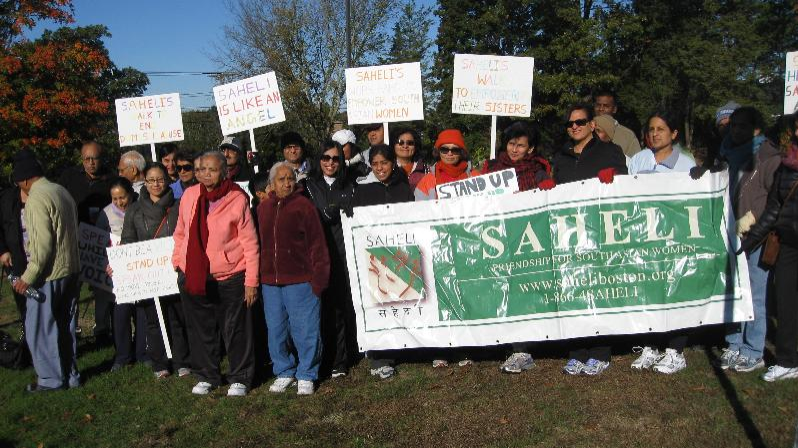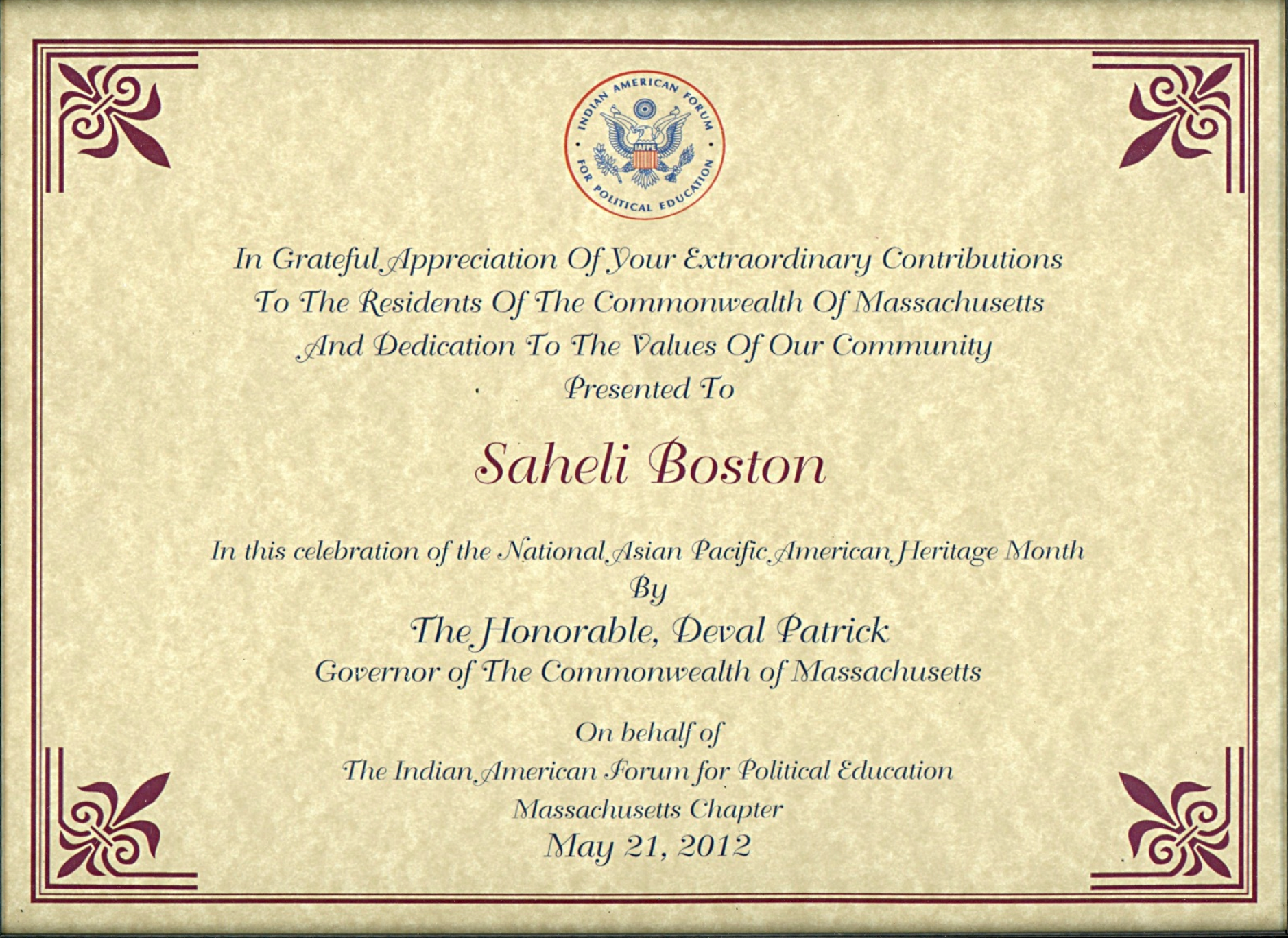By Saheli Volunteer, Supriya Misra
Let me tell you a few scenes of stories you have heard before: Seema feels too anxious to take her exams, her mind racing and her heart beating too fast. Amar seems tired all the time, lying in bed and wishing he never had to get up again. Kiran panics when she hears a car backfire, jumping up in her seat for some reason we do not yet understand.
The body shows signs: something is not right, but we do not always have the words to explain why. Be stronger, try harder, you don’t need medicine for that. We know there is a connection between our minds and our bodies, but we do not always know what the connection is. Saheli’s initiative on Emotional Well-Being (EWB) seeks to illuminate the threads tying our emotional well-being to the rest of our lives.
We do not talk about emotional well-being. We hear ads for antidepressants on TV, see rows of self-help books for anxiety, laugh at jokes about therapy. But in the South Asian community, too often we act like none of this applies. This stigma hits us at every level — personally, we may be too embarrassed or ashamed to admit we are suffering emotionally. In our families, we may feel the need to protect our relative’s honor, to be sure no one else knows about it. In our communities, we do not always know where to turn to for help, who we can trust, if they will understand what we have to say, in our own languages, within our cultural contexts.
Research from the United Kingdom identified some aspects of this stigma specific to South Asians. These include shame (sharam), fear, and secrecy surrounding emotional well-being; misunderstanding the causes of emotional well-being issues; feeling the social pressure to conform; family being both caring and isolating; people with emotional well-being issues feeling devalued; and marriage prospects being damaged.
There is almost no research about such stigma among South Asian Americans. One study showed that South Asian American students expressed greater personal stigma, more negative attitudes about emotional well-being, and greater reluctance toward counseling than Caucasian American students. Another study showed that South Asian American young adults were more likely than Caucasian American young adults to believe that emotional well-being issues were caused by character deficits. If they believed it was caused by biology, they were likely to perceive more shame and less family support in seeking help than those who believed it was caused by character deficits.
This misinformation, fear, and silence is hurting our communities. Misunderstanding the causes and consequences of emotional well-being and being unwilling to acknowledge emotional suffering at all decrease the chances of seeking help, and South Asians have one of the lowest rates of seeking help in the United States.
It is time to change how we do or don’t talk about our emotional health. Will you join us in this conversation?
Want to read more opinions about South Asian mental health stigma?
- Psychologist Spotlight: The Taboo of Mental Illness in the South Asian American Community by Dr. Jyothsna S. Bhat
- Overcoming Stigmas: Starting the Conversation about South Asian Mental Health
- The Silence About Mental Health in South Asian Culture is Dangerous
- Overcoming Mental Health Stigma Within South Asian Communities One Story at a Time
- Tackling the Stigma of Mental Health in the South Asian Community
About the Author:
 Supriya Misra is a doctoral student in Social and Behavioral Sciences at the Harvard T.H. Chan School of Public Health, focused on the design, evaluation, and implementation of culturally-sensitive mental health interventions. Previously, she worked for several years in nonprofit management creating educational tools to promote positive health behaviors.
Supriya Misra is a doctoral student in Social and Behavioral Sciences at the Harvard T.H. Chan School of Public Health, focused on the design, evaluation, and implementation of culturally-sensitive mental health interventions. Previously, she worked for several years in nonprofit management creating educational tools to promote positive health behaviors.



